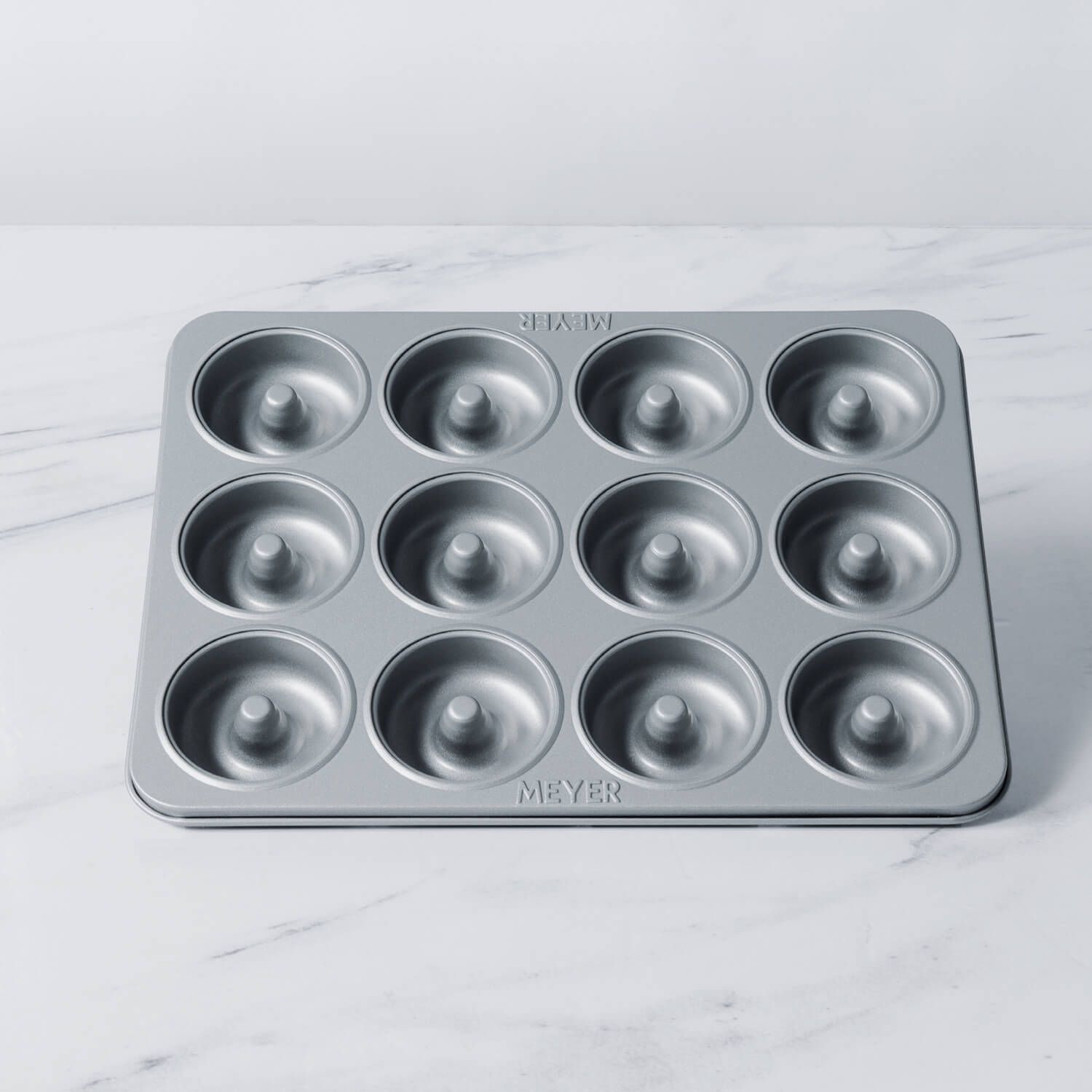The Indian medicinal plant Anacyclus Pyrethrum, also known as Akarkara, is utilised in ayurveda, unani, and herbal remedies all over the world to treat men's health issues as well as the common cold, toothache, and pyorrhea. Anacyclus Pyrethrum, also known as Akarkara, possesses aphrodisiac and libido-stimulating characteristics, which enhance one's physical prowess and performance during physical contact.
Table of Contents
What is Anacyclus Pyrethrum?
The stems of this perennial plant, which resembles the chamomile in habit and appearance, are erect after lying on the ground for a portion of their length. Each has a single, sizable flower with a yellow disc and white rays that are under tinted with purple. The leaves are deeply divided into smooth, alternating, and pinnate segments.
The virtually cylindrical root is tapered, very slightly twisted, and frequently capped with a tuft of grey hairs. It has a dark, wrinkled exterior with vivid black markings. The fracture is brief, and the magnified transverse section shows a lovely radiating structure and numerous oleoresin glands. The flavour is strong while the aroma is mild.
Uses of Anacyclus Pyrethrum:
Due to pellitory root's strong ability to relieve toothaches and encourage a free flow of saliva, it is frequently used in Ayurveda. In order to take advantage of its reflex action on the salivary glands in cases of throat and mouth dryness, the British Pharmacopoeia recommends using it as a masticatory and in the form of lozenges. To reduce the pain of a rotting tooth, the tincture created from the dried root may be rubbed on the gums or applied to cotton wool. For this use, it may be advantageous to combine the tincture with camphorated chloroform. It is a common additive to dentifrices. Sliced and applied to the skin, it produces heat, tingling, and redness due to its rubefacient and local irritating properties. By encouraging a free flow of nasal mucous and tears, the powdered root makes a useful snuff to treat chronic catarrh of the head and nose and to cleanse the brain. Additionally, it is utilised in early ejaculation.
Health benefits of Anacyclus Pyrethrum:
Loss of Libido
Anacyclus pyrethrum, also known as akarkara, possesses aphrodisiac, libido-stimulating, and spermatogenic properties. It affects androgen secretion and boosts their synthesis. The primary alkaloid in akarkara root, alkyl-amide, boosts testosterone synthesis. Because of Alkyl-amide, it may very well stimulate the hypothalamus. In general, Akarkara promotes male libido, spermatozoa count, and fertility.
Flu and sore throat
It also helps to gargle with Akarkara water. Boil 250 ml of water with 10 grammes of akarkara root for this. To relieve the symptoms of pharyngitis, gargle with this solution. Additionally helpful for gum problems and toothaches.
Toothache
Toothaches can be relieved with a mild massage using camphor and powdered akarkara root. For treating toothaches, it is also combined with black pepper, ajwain khurasani (Hyoscyamus niger), and vaividang (Embelia ribes).
Pyorrhea
When combined with mustard oil, akarkara root powder is used to treat pyorrhea.
Cold, common
Anacyclus Common colds can be treated with pyrethrum root powder mixed with black pepper and long pepper. Due to its antiviral characteristics, akarkara lessens all flu symptoms and eases nasal congestion.
Seizures & Epilepsy
Anacyclus Pyrethrum (Akarkara root) is used as an adjuvant in ayurvedic medicine to treat seizures and epilepsy. According to studies, its root extract has a protective effect, which means it might aid in preventing seizures. The following herbal blend is used in ayurveda to stop seizures.











Leave a comment